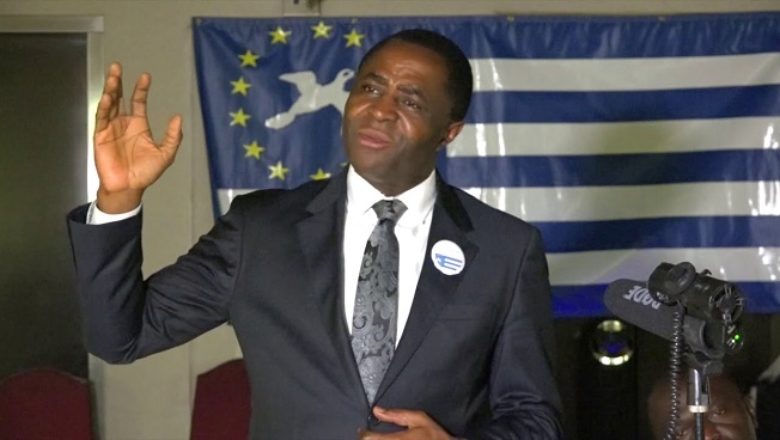A Nigerian intelligence official on Sunday denied arresting Cameroon separatists in Abuja, after a rebel movement said its top leaders had been “abducted by gunmen”.
Sisiku Ayuk Tabe, the president of the anglophone separatist movement in Cameroon, was arrested during a meeting on Friday, January 5, in Nigeria’s capital of Abuja, according to a statement by the separatists.
“At around 19:30, the gunmen came into the hotel and abducted all of them including the president,” said Chris Anu, secretary of communications for the putative state of Ambazonia.
Local news reports in Nigeria said Tabe had been taken into custody by the Department of State Services (DSS), Nigeria’s intelligence agency.
But the DSS denied arresting Tabe in Abuja, saying instead that in late December they arrested Cameroonians in eastern Taraba state who were suspected of being involved with the separatist movement.
“There is nothing like that,” a top DSS official told AFP, speaking on the condition of anonymity.
“There is no arrest of their people in Abuja,” he said.
“There was a joint operation carried out in Taraba on the 31st of December 2017 where Cameroonians were arrested,” he said.
“We saw most of them as refugees but when the Cameroonian authorities heard of the arrest, they protested to the inspector general of police that those people arrested were part of the people giving them trouble as secessionists.”
Tabe is pushing for Cameroon’s two English-speaking regions to break away from the francophone country.
On October 1, the breakaway movement issued a symbolic declaration of independence for “Ambazonia”.
President Paul Biya fiercely opposes secession and has met the agitation with a crackdown, including curfews, raids and restrictions on travel.
International monitors say at least 20 and possibly 40 people have been killed in clashes since late September, though the Biya government fiercly disputes the death toll.
The anglophone minority dates to the emergence of Cameroon in 1960-61, as France and Britain wound down their colonies in west Africa.
Source: AFP


